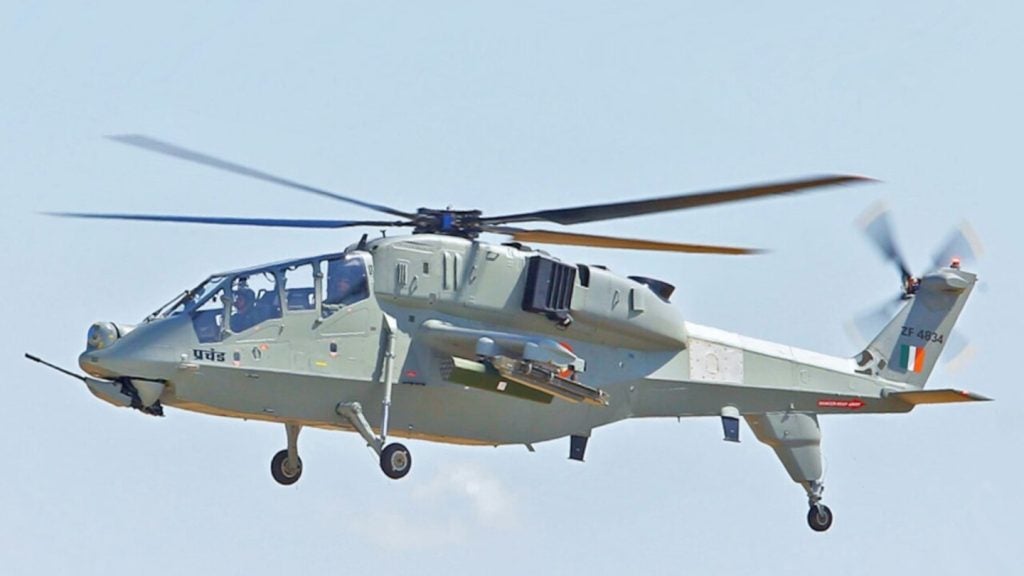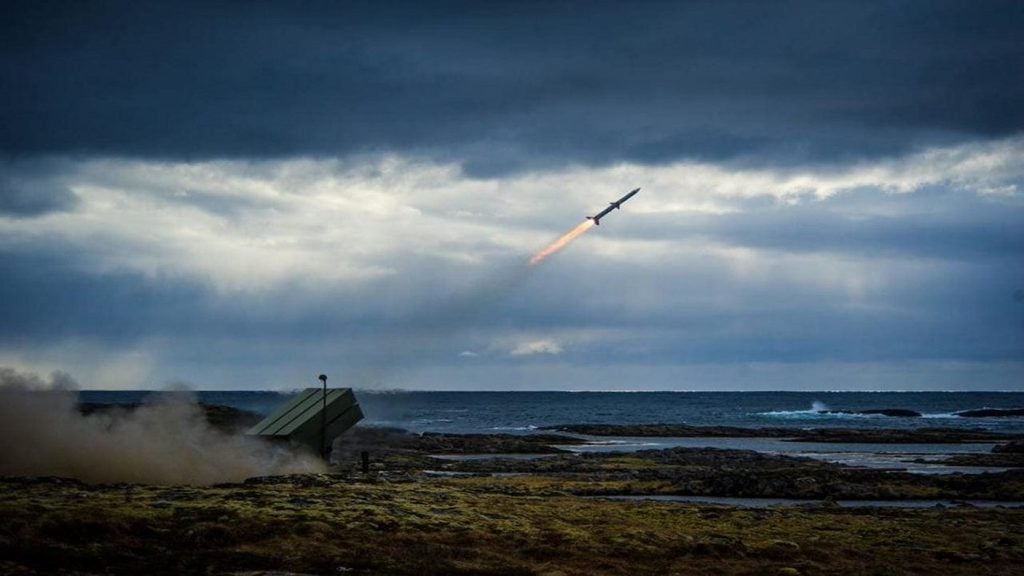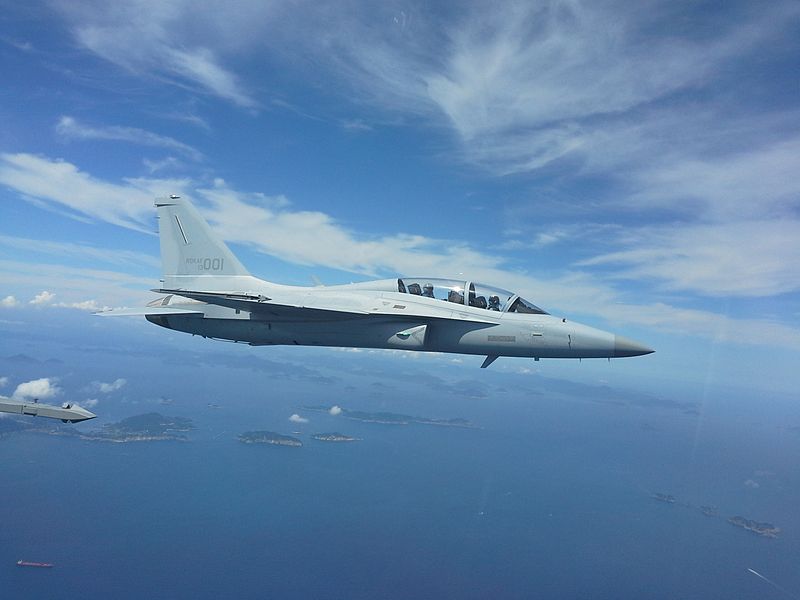Raytheon has achieved a significant milestone in the US Air Force's (USAF) global positioning system next-generation operational control system (GPS OCX) development programme.
The company has conducted factory qualification testing of the GPS launch and checkout system (LCS).
This testing involved verifying that the LCS is approaching closer to meet the USAF requirements.
Raytheon tested 74 OCX segment requirements in a cyber-hardened environment at its factory in Aurora, Colorado.
Raytheon GPS OCX vice-president and programme manager Bill Sullivan said: "The completion of the Factory Qualification Test proves we can meet the USAF requirements and are on a path to delivering the OCX LCS in 2017.
"This critical system will enable the launch of the GPS III satellites, which represents the first major capability deployment in the US Air Force's effort to modernise GPS."
How well do you really know your competitors?
Access the most comprehensive Company Profiles on the market, powered by GlobalData. Save hours of research. Gain competitive edge.

Thank you!
Your download email will arrive shortly
Not ready to buy yet? Download a free sample
We are confident about the unique quality of our Company Profiles. However, we want you to make the most beneficial decision for your business, so we offer a free sample that you can download by submitting the below form
By GlobalDataThe remaining OCX segment requirements will be qualified in a retest period, and those requiring external interfaces will be qualified onsite at Schriever Air Force Base prior to delivery of the overall OCX LCS later this year.
The final phase of testing, Site Acceptance Testing, will be conducted following the delivery of the system.
The factory qualification test follows completion of Black Wide Area Network testing of unclassified external interfaces for GPS OCX and completion of the LCS component-level qualification test last year.
Raytheon is developing the GPS OCX under a contract with the USAF Space and Missile Systems Center.
The OCX is intended to replace the current GPS operational control system and will support the launch of the GPS III satellites.
It is said to provide enhanced performance, effective use of modern civil and military signals and safeguard information-sharing with unprecedented cyber protection.







